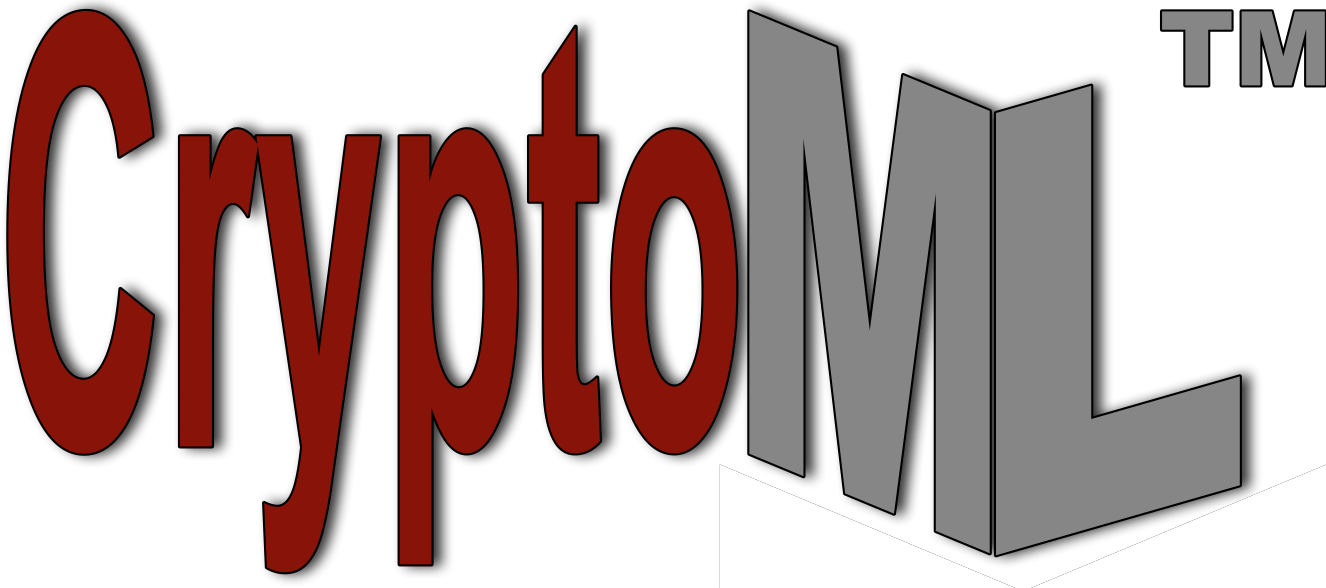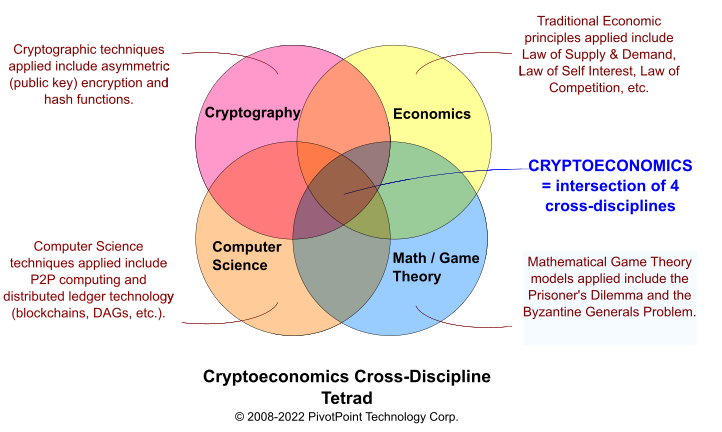Crypto FAQ: What are Decentralized Finance (DeFi) and Centralized Finance (CeFi)?
- Alt. Phrasing: What is Decentralized Finance (DeFi)?; What is Centralized Finance (CeFi)? How do DeFi and CeFi compare?*
Defn: Decentralized Finance (DeFi)
[compound noun: "decentralized" + "finance"]
Decentralized Finance (DeFi) refers to a financial system that is not built on a centralized institution but on blockchains and/or smart contracts, which provide software programs with instructions on what to do under certain circumstances. As DeFi systems are built on smart contracts, the transaction processing that is traditionally done by different parties is instead done with code. Therefore, transactions should, if done correctly, be processed without involving any intermediaries (e.g. banks), and can be done without needing to make an account.Defn: Centralized Finance (CeFi)
[compound noun: "centralized" + "finance"]
Centralized Finance (CeFi) refers to a financial system that is built on a centralized institution, such as the Federal Reserve. CeFi is generally more secure than DeFi, since it is not anonymous and is processed by multiple different actors, but is therefore slower than DeFi. Additionally, funds are managed and controlled by the centralized institution the system was built around, meaning users do not have direct control over their money.
The following table compares and contrasts Cryptoeconomic DeFi financial assets vs macroeconomic CeFi financial assets:
Table: Financial Asset Types - DeFi vs CeFi
| Asset Type | Canonical Examples | CeFi Examples | DeFi Examples |
|---|---|---|---|
| Currency | National fiat currencies | USD, EUR, YEN, GPB, YUAN, ... | Stable Coins: USDT, USDC, BUSD, ...; CBDCs: digital Yuan (a.k,a., e-CNY, e-RMB, e-Yuan), digital "Loonie" (digital CAD), ... |
| Equity Security | Stocks (shares in corporations) | AAPL, GOOG, TSLA, AMZN, ... | All Altcoins not designated as Stable Coins, Commodities, NFTs. |
| Debt Security | Corporate & Government bonds | Corporate grade AAA-BBB & junk bonds / US Treasuries, EU-Bonds, ... | BTC Bonds [El Salvador] |
| Commodity | Precious metals / Agricultural goods / Fossil fuels / ... | Gold, Silver, Platinum, ... / Wheat, Corn, Soybeans, / Oil, Natural Gas, ... | BTC, ETH** [TBD], ... |
| Tangible Assets | Physical Property ... | Real Estate, Jewelry, Fine Art, ... | Non-Fungible Tokens (NFTs) for digital Art, ... |
| Intangible Assets | Intellectual Property ... | Patents, Copyrights, Trademarks ... | Non-Fungible Tokens (NFTs) for digital Copyrights, ... |
The following video—the segment between 1:24 and 3:54 in particular—introduces Decentralized and Centralized Finance, and also explains the differences between them:
DISCLAIMERS
NO INVESTMENT ADVICE
The information provided on this website does not constitute investment advice, financial advice, trading advice, legal advice, or any other sort of advice, and you should not treat any of the website's content as such. CRYPTOCURRENCY WORKS does not recommend that any cryptocurrency should be bought, sold, or held by you. Do conduct your own due diligence and consult your financial advisor or legal advisor before making any investment decisions.
ACCURACY OF INFORMATION
CRYPTOCURRENCY WORKS will strive to ensure the accuracy of information provided on this website, although it will not hold any responsibility for any missing or erroneous information. CRYPTOCURRENCY WORKS provides all information as is. You understand that you are using any and all information available here at your own risk.
CRYPTOCURRENCY WORKS and Cryptocurrencyworks.com are trademarks of PivotPoint Technology Corporation. All other product and service names mentioned are the trademarks of their respective companies.


